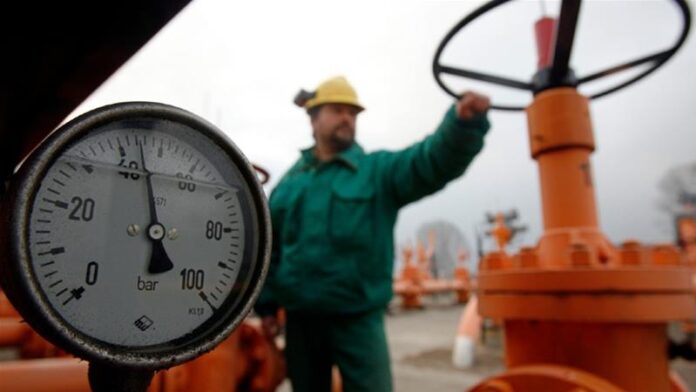LAHORE: All Pakistan Textile Mills Association (APTMA) Chairman Abdul Rahim Nasir has rejected the sudden hike in gas prices from $6.5/MMBTU to $9/MMBTU for export oriented units.
He was addressing a hurriedly-called press conference at APTMA House here on Friday and was accompanied by the Chairman Northern Zone Hamid Zaman, Senior Vice Chairman Kamran Arshad and APTMA Secretary General Raza Baqir.
Nasir said this upward revision in gas tariff was in contradiction of the commitment given by the federal government for continuous supply of gas/RLNG on $6.5/MMBTU.
“The Regionally Competitive Energy Tariff (RCET) provided by the current government over the past 3 years has yielded outstanding results. The industry has delivered to the nation by investing Rs450 billion in machinery for capacity enhancement as per commitment. This has resulted in an increase of $500 million in exports each and every month in FY22 so far. But the new projected investment of $5 billion, setting up of 100 new plants and addition of at least 500,000 new jobs with 90 percent of them in Punjab would all be jeopardized,” he said
Chairman added that the textile industry’s commitment to increase exports by $7.5 billion by the end of fiscal year 2021-22 over the fiscal year 2017-18 has become a reality.
He further added that the present government’s visionary, progressive, and pro-export policies have enabled unprecedented textile export growth and the textile exports have increased by 27 percent in the first four months of the current fiscal year.
“A comparison of gas tariff in the region with Pakistan in a study conducted by PIDE suggests that gas to the export-oriented sector is available at $4.05/MMBTU in Bangladesh and $5.19/MMBTU in India. In the textile sector the component of energy costs account for roughly 18 percent of final product value.
An increase of $2.5/mmbtu would result in around 5 percent hike in the final cost,” he added.
Speaking to the media, the chairman northern zone emphasized the point that the textile industry operates on a very slim margin of 3 to 4 percent, and the present rise gas tariff only for the industry located in Punjab would render it uncompetitive and unserviceable not only globally but also in the local market.
“It will lead to large scale closures and resultantly unemployment. The tariff increase only for industries in Punjab is also against the principle of promissory estoppel which protects previous agreements and contracts,” Zaman apprehended.




